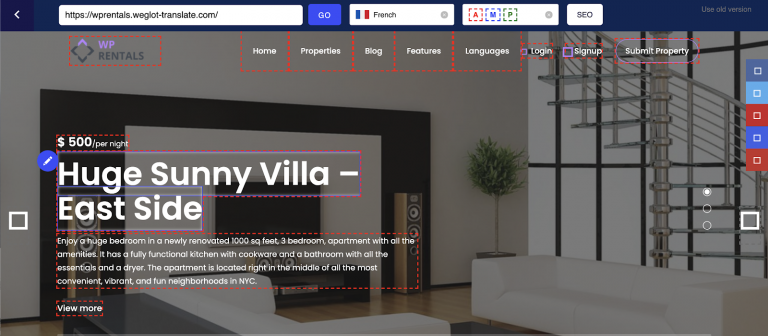CRM or Customer Relationship Management is the bedrock of any marketing and sales team.
Real estate CRM benefits are plenty and implementing such a system is well worth it in the long run.
A real estate CRM system helps build closer relationships between realtors and their potential clients.
While a CRM can describe any process or strategy used to improve and further analyze customer interaction, the term usually refers to a variety of tools and technologies used with the goal of generating real estate leads, nurturing leads and converting potential clients.

The best real estate CRM systems allow realtors to gather information on potential clients, store it in an easily accessible location and process said information into sales funnels.
The stored information may include potential clients’ purchase history, details regarding past interactions, demographic data, needs and potential opportunities.
This information is valuable as it provides the client with a personalized experience which in turn can lead to a higher conversion rate and a faster ride through the sales funnel.
Most clients managed through a customer relationship management system also have a higher chance of becoming repeat customers. Between repeat customers vs. new customers, companies should always strive for repeat customers.
Real estate CRM Benefits for clients, businesses, and employees
Better customer services
Potential clients or customers usually have specific requests or questions.
By integrating a real estate CRM, you’ll be able to manage your customer requests efficiently.
Personalized customer service
Implement a real estate CRM to personalize your customer service further and gain a better understanding of your clients’ demands, requirements or needs.

1. Customer segmentation
Specific CRM characteristics can be used to segment customers by demographics, industry, income, their position in the sales funnel or requirements.
Realtors can use one or more attributes to segment their customers and fulfill their needs in different ways.
2. Customized Marketing
Tailor, adapt and change marketing efforts to present a different product for each customer.
Surveys play a big part in marketing customization as more and more companies invest more towards getting to know their customers better.
If you want to become indispensable for your customers, you need first to know their requirements, and then offer a personalized solution.
3. Multichannel Integration
A real estate CRM will also help with multichannel integration.
A successful multichannel integration is dependent on your company’s ability to gather customer information and integrate it with your marketing efforts.
4. A real time saver
Real estate customer relationship management systems allow companies to easily interact with leads or potential customers through personalized communication or periodic emails.
A better understanding of your core customers saves sales teams from doing too much research – you already know their needs and are most likely able to satisfy them promptly.
5. Customer knowledge is key
All information gathered directly from customers or through customer behavior software can be integrated into the CRM to produce custom services or products.
Statistics from multiple sources play a significant role in most businesses. This could be your strategic advantage.

6. Smoother deal closing
Satisfied clients and return customers lead to even more customers as word of mouth is the easiest, simplest and cheapest forms of marketing available.
A CRM allows realtors to manage referrals and build stable relationships with clients correctly.
Task automation plays a significant role in this regard with auto-emails and scheduled prompts.
Combined with the other real estate CRM benefits stated previously, you’ll be able to judge your clients’ readiness to commit to a purchase – timing is also crucial as you need to know when to act, not just how.
7. Educate your clients
Investors love useful real estate information as they are looking to invest.
You can help them on this journey and provide statistics, price projections, and tips on which property types have a better ROI.
With the CRM in place, you’ll be able to see their income, expectations, growth projection, and return on investment in one place.
It makes an excellent topic for a first discussion, but if your team can consistently provide them with valuable information time and time again, they are bound to become clients at one point.
8. Sales & Marketing synergy
Your potential client needs to feel like a priority for you and your team.
By integrating and efficiently updating their information, your team can make quick assessments and decisions on how to proceed.
For example, some clients may prefer calls while others may like e-mails more. Since CRM systems are available on both mobile and desktop, your sales team can make the right call on the go.
9. Easy to integrate with current infrastructure
You can incorporate a real estate communication system management with other systems you’re currently using. E-mail marketing efforts, demographics, calendars, contacts and much more can be linked directly with your CRM.
Software which supports CRM integration includes Zendesk, Hubspot, MailChimp, Outlook, Google Apps and much more.





